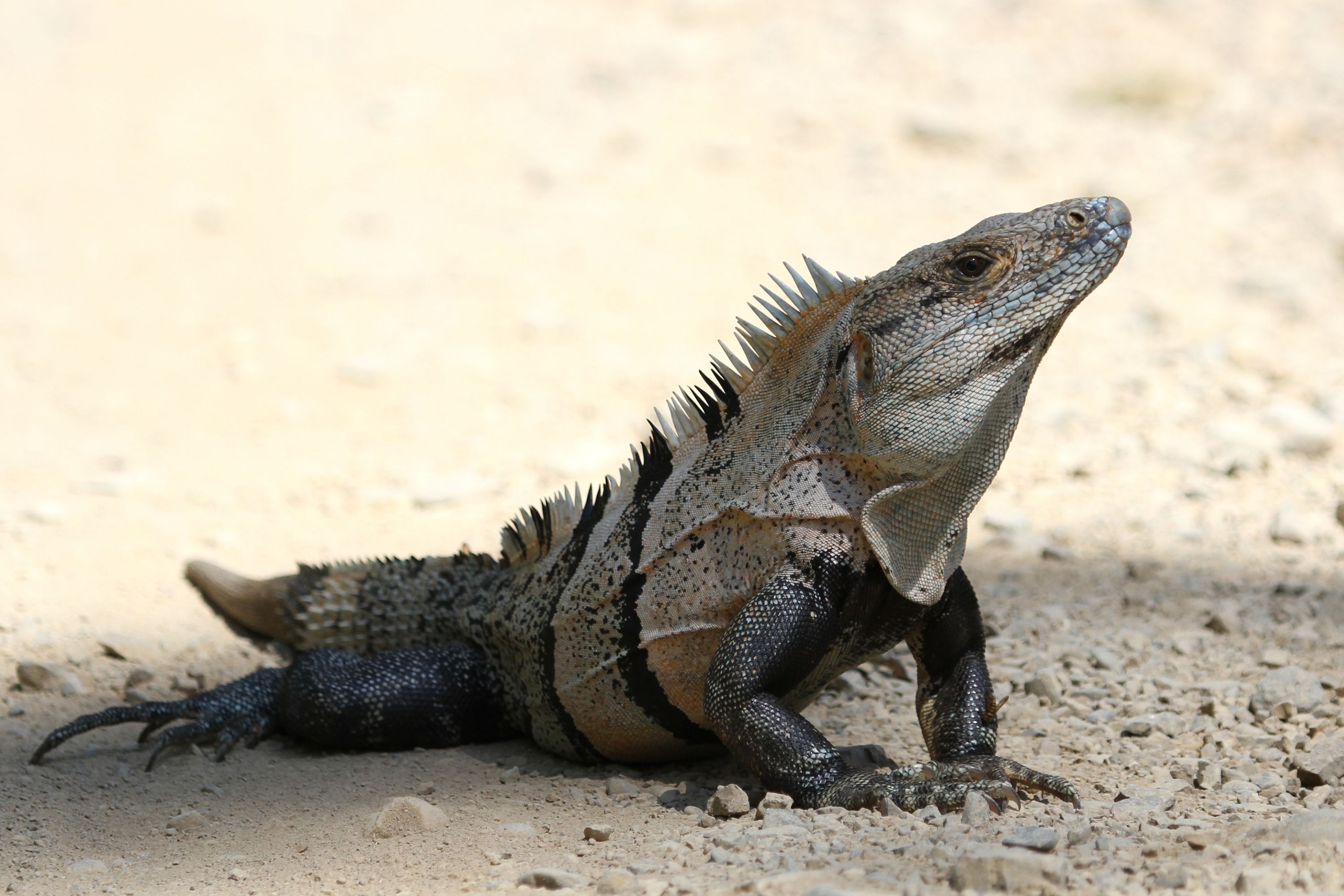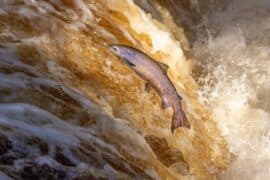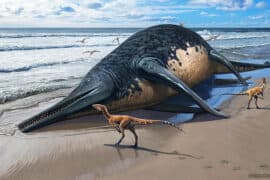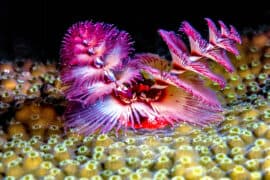Black spiny-tailed iguana
(Ctenosaura similis)

Description
Ctenosaura similis, commonly known as the black iguana or black spiny-tailed iguana, is a lizard native to Mexico, Central America, and some Colombian islands in the Caribbean Sea and Pacific Ocean. It has been introduced to the United States in the state of Florida. It is the largest species in the genus Ctenosaura. The black spiny-tailed iguana was first described by British zoologist John Edward Gray in 1831. The generic name, Ctenosaura, is derived from two Greek words: ctenos, meaning "comb" (referring to the comblike spines on the lizard's back and tail), and saura, meaning "lizard". Its specific name is the Latin word similis meaning "similar to", a common description found in Linnean taxonomy when referring to a new taxon. Black spiny-tailed iguana have distinctive black, keeled scales on their long tails, which gives them their common name. They, along with C. pectinata, are the largest members of the genus Ctenosaura. The males are capable of growing up to 1.3 meters (4 ft 3 in) in length and the females are slightly shorter, at 0.8–1 meter (2 ft 7 in – 3 ft 3 in). They have a crest of long spines which extends down the center of the back. Although coloration varies extremely among individuals of the same population, adults usually have a whitish gray or tan ground color with a series of 4–12 well-defined dark dorsal bands that extend nearly to the ventral scales. Males also develop an orange color around the head and throat during breeding season with highlights of blue and peach on their jowls. The black spiny-tailed iguana is native to Central America, and has the widest range of all Ctenosaura species from the Isthmus of Tehuantepec to northeastern Nicaragua and western Panama on the respective Atlantic and Pacific coasts. It is commonly found throughout Costa Rica, Honduras and has been reported from some islands of Colombia in both the Caribbean Sea and Pacific Ocean. The black spiny-tailed iguana has been introduced to South Florida and reproduces in the wild in several feral populations. On the southwestern Florida coast, it has been discovered from Collier County north to Tampa Bay. On the southeastern Florida coast, black spiny-tailed iguanas have been found on Key Biscayne, Hialeah, and in Broward County. This iguana has also been introduced to several islands in the Caribbean.
Taxonomic tree:







